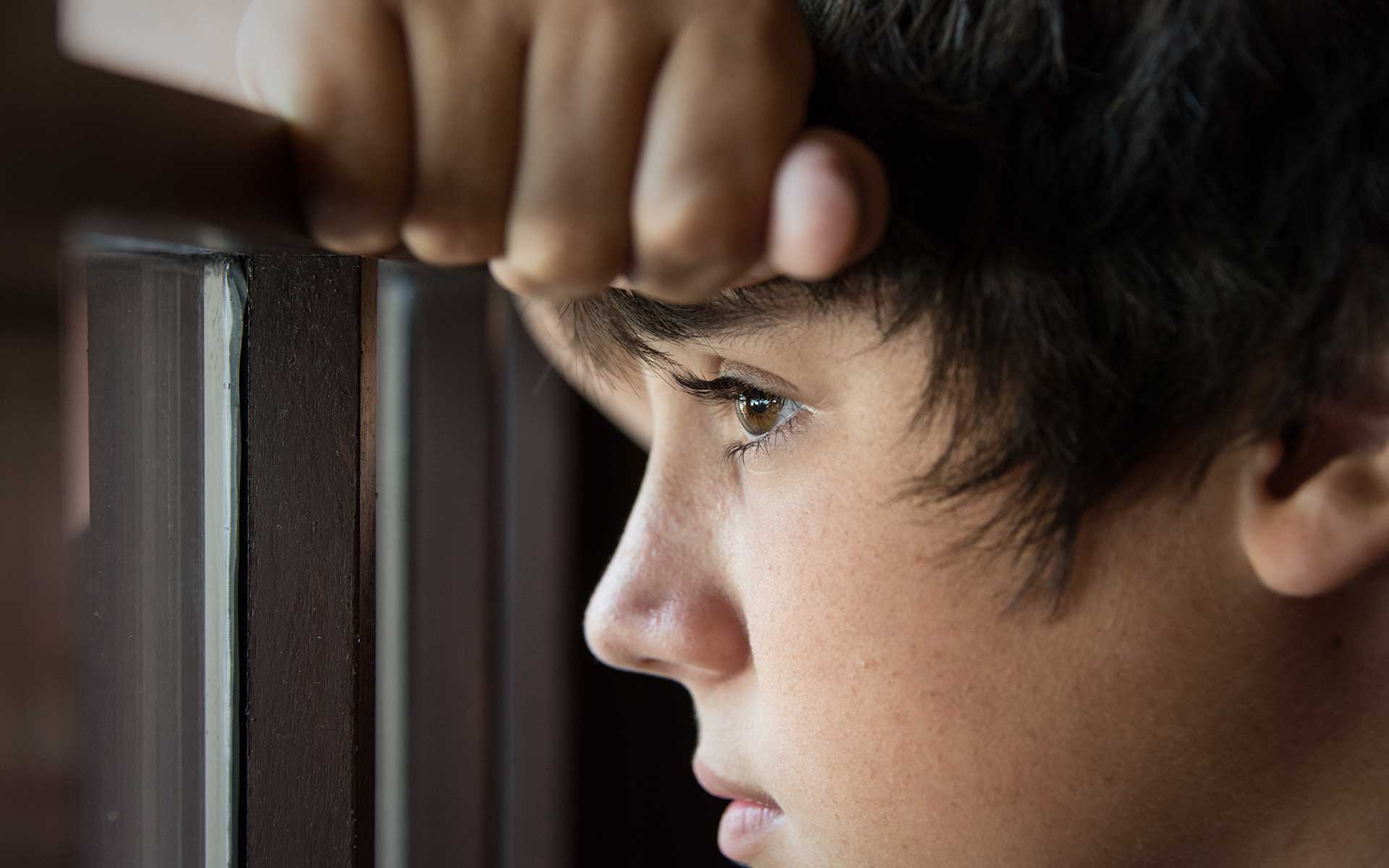Answer: I believe the answer is related to the nature of power and how it influences human behavior. Adolescent society is based on the exercise of raw force. That is the heart and soul of its value system. It comes in various forms. For girls, there is no greater social dominance than physical beauty. A truly gorgeous young woman is so powerful that even the boys are often terrified of her. She rules in a high school like a queen on her throne, and in fact, she is usually given some honor with references to royalty in its name (Homecoming Queen, Homecoming Princess, All-School Queen, Sweetheart's Queen, Football Queen, etc.). The way she uses this status to intimidate her subjects is in itself a fascinating study in adolescent behavior.
Boys derive power from physical attractiveness too, but also from athletic accomplishment in certain prescribed sports. Those who carry the greatest status are usually skilled in sports that exhibit sheer physical strength (football) or size (basketball).
Do you remember what the world of adolescence was like for you? Do you recall the power games that were played—the highly competitive and hostile environment into which you walked every day? Can you still feel the apprehension you experienced when a popular (powerful) student called you a creep or a jerk, or he put his big hand in your face and pushed you out of the way? He wore a football jersey that reminded you that the entire team would eat you alive if you should be so foolish as to fight back. Does the memory of the junior-senior prom still come to mind occasionally, when you were either turned down by the girl you loved or were not asked by the boy of your dreams? Have you ever had the campus heroes make fun of the one flaw you most wanted to hide, and then threaten to mangle you on the way home from school?
Perhaps you never went through these stressful encounters. Maybe you were one of the powerful elite who oppressed the rest of us. But your son or daughter could be on the receiving end of the flak. A few years ago I talked to a mother whose seventh-grade daughter was getting butchered at school each day. She said the girl awakened an hour before she had to get up each morning and lay there thinking about how she could get through her day without being humiliated.
Typically, power games are more physical for adolescent males than females. The bullies literally force their will on those who are weaker. That is what I remember most clearly from my own high school years. I had a number of fights during that era just to preserve my turf. The name of the game was power! And not much has changed for today's teenagers.
From Dr. Dobson's book Complete Marriage and Family Home Reference Guide.












